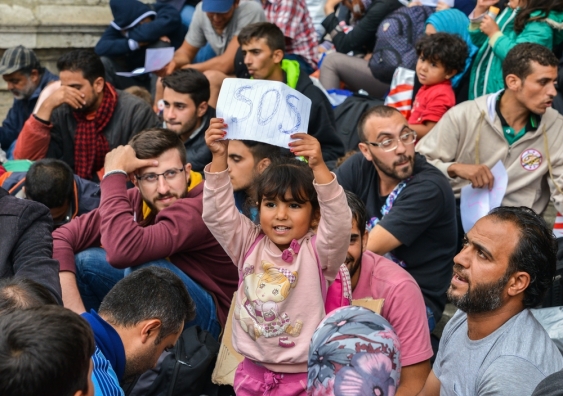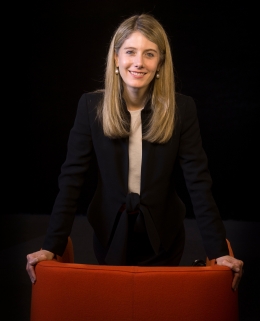Kaldor Centre annual conference to debate 21st century refugee challenges through the lens of time
The Kaldor Centre's annual conference on 18 November will bring together world-leading experts to share their insights and research on refugees.
The Kaldor Centre's annual conference on 18 November will bring together world-leading experts to share their insights and research on refugees.

Lauren Martin
Andrew & Renata Kaldor Centre for International Refugee Law
9385 9639, 0407 393 070
lauren.martin@unsw.edu.au
The UN Special Rapporteur on the Human Rights of Migrants, François Crépeau, will share insights from his long-anticipated mission to Australia when he speaks at the Andrew & Renata Kaldor Centre for International Refugee Law Annual Conference on November 18.
The Kaldor Centre is the world’s first and only research centre dedicated to the study of international refugee law. Gathering pre-eminent thinkers with new research and perspectives, the Centre’s third annual conference will examine pressing concerns in forced migration through the lens of time, exploring questions such as: How do delay and expedited procedures impact refugee status determination? What are the effects of protracted limbo on refugees’ wellbeing? Do we need to rethink our notions of ‘crisis’, ‘emergency’ and ‘development’ in refugee responses?
Professor Crépeau’s closing keynote speech will conclude his visit to Australia, which was postponed last year due to his concerns about reprisals under the Federal Government's Border Force Act for people disclosing information from inside detention facilities.
The opening keynote by Jean-François Durieux will critically examine the global trend towards refugee policies of deterrence, from the perspective of the Oxford scholar‘s 30 years’ experience with UNHCR. This speech will have added resonance following the Australian Government’s proposal to stop asylum seekers in offshore detention on Manus Island and Nauru from ever coming to Australia.

Kaldor Centre Director Scientia Professor Jane McAdam.
Kaldor Centre Director and Scientia Professor of Law Jane McAdam will consider the relevance today of the 1951 Refugee Convention in her noted Year in Review. A World Economic Forum Young Global Leader since 2013, Professor McAdam will also moderate a Q&A discussion with University of Sydney legal expert Professor Ben Saul, refugee lawyer Sarah Dale and refugee and advocate Shukufa Tahiri.
Professor McAdam said: “This event shows us how the law can shape refugees’ experiences of time whether they find themselves caught up in acute humanitarian emergencies, living in limbo for years on end, or granted protection and the opportunity to build a new life. We are excited to bring together world-leading experts to share their insights and research on this dynamic policy area.”
Other conference highlights include:
Immediately after the conference, UNHCR’s Assistant High Commissioner for Protection, Volker Türk, will give a public address to officially launch the UNSW Grand Challenge on Refugees & Migrants, led by Professor McAdam.
Find more information and the full program of the Kaldor Centre Annual Conference here.